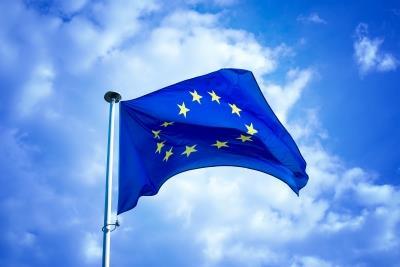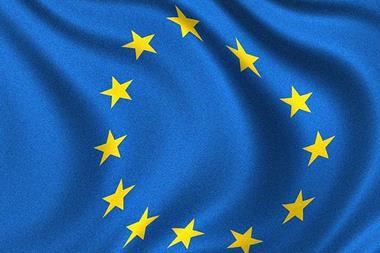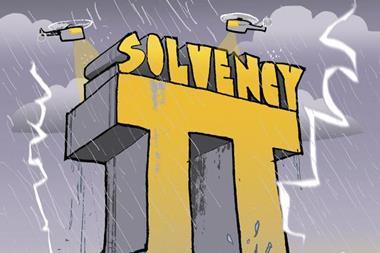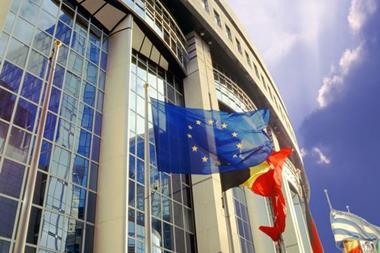New rules would give the public access to documents submitted in ISDS cases, make hearings open to the public and allow interested parties to make submissions to the proceedings

The European Commission has proposed to allow UN rules on transparency for investor-to-state dispute settlement (ISDS) to apply also to existing investment treaties that the EU and member states have in place.
These rules represent an important change in giving the public access to documents submitted in ISDS cases, making hearings open to the public, and allowing interested parties to make submissions to the proceedings.
In 2013, rules on transparency in ISDS cases were adopted under the auspices of the United Nations Commission on International Trade Law (UNCITRAL transparency rules). These rules, which entered into force on 1 April 2014, provide for a maximum access of the public to documents and hearings, as well as allowing interested third parties to make submissions. The EU has included these or equivalent wide-ranging rules in the finalised free trade agreements with Singapore and with Canada. These rules will also be an integral part of any future negotiations on trade agreements that contain ISDS provisions.
The transparency rules, however, do not apply to disputes based on investment agreements concluded prior to 1 April 2014. The Commission has therefore pushed for a multilateral convention to allow these UN transparency rules to be extended to the 3,000 investment treaties in force worldwide. The new proposals will make it possible for the EU and its member states to adhere to this Convention, thus making possible the application of these transparency rules to the EU member states‘ existing 1,400 treaties and the Energy Charter Treaty.
The EU helped draw up the UN transparency rules and the new UN Convention on Transparency, which was adopted on 10 December 2014. The Convention allows countries, and regional economic integration organisations such as the EU, to declare their willingness to apply the UN transparency rules to cases brought under their existing investment treaties.
Thus, in practice, the transparency rules could be applied to the more than 1,400 bilateral investment treaties concluded by member states and to the Energy Charter Treaty to which the EU has been a party since 1998.
The more countries and organisations adhere to the UN Convention, the more the rules will apply to the 3,000+ investment agreements currently in force worldwide. This means the Convention will make it faster and easier to improve transparency of investor-state arbitration than a one-by-one renegotiation of the existing investment treaties.




















No comments yet